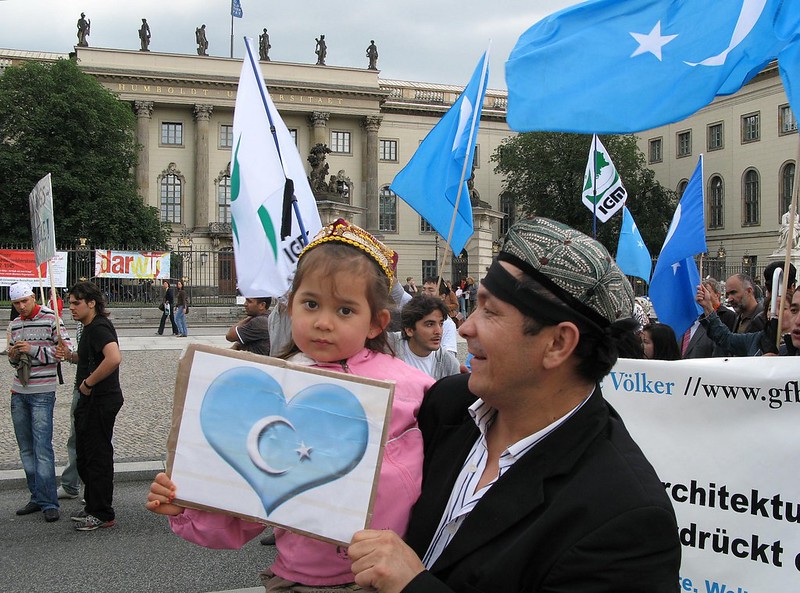Some 43 Uyghurs at risk of deportation from Thailand
The Uyghurs were detained after arriving in Thailand ten years ago on their way to Turkey. They were reportedly forced to sign voluntary deportation papers, ahead of repatriation to China where their co-ethnics suffer harsh repression in Xinjiang. Thailand is not a party to the UN Convention on Refugees.
Bangkok (AsiaNews) – The Thai government is reportedly preparing to expel 43 ethnic Uyghur Chinese who have been in the country for ten years, the latest of a group of more than 300. Over the years, some were sent back to China, while others found refuge elsewhere.
On 8 January Thai authorities forced the Uyghurs to sign voluntary deportation papers. The decision to deport them probably stems from the expectation that the US will exert less pressure on Thailand with the changing of the guard in the White House, but also in anticipation of 50 years of diplomatic relations between Thailand and China.
Senator Angkhana Neelapaijit, a former head of the National Human Rights Commission, on Saturday called on Prime Minister Paetongtarn Shinawatra to clarify whether the government has such a plan, which would expose the Uyghurs to retaliation. The mostly Muslim Uyghurs were once the majority in Xinjiang, where they continue to suffer extreme repression, including allegations of forced organ harvesting.
Thanks to the humanitarian organisations that have monitored their situation at Bangkok’s Suan Phlu detention centre, the Uyghurs have issued an appeal to be allowed to go to a third country or be recognised as asylum seekers.
Thailand is exposed to Chinese influence as it grapples with mounting economic and political woes; as a result, people who seek refuge from persecution or war in the Southeast Asian country are stuck in limbo.
A decade ago, Uyghurs fleeing repression travelled to Thailand as a transit point before moving to Turkey with whom they share religious, cultural and linguistic ties.
Out of some 350 Uyghurs detained in March 2014 before they could cross the border into Muslim Malaysia, about 170 – mostly women and children – were boarded on flights to Turkey 16 months later. Another 109 were expelled to the People's Republic of China and all traces of them have been lost.
Those who remained in Thailand were detained by the immigration service. A dozen managed to escape, but five were sentenced to prison terms for trying to escape in 2020 and five died in detention, including two minors.
The remaining 43 have been stuck in barely tolerable conditions, without contact with their families and their lawyers, separated from the other detainees. Representatives of the UN High Commissioner for Human Rights have been banned from any contact with them.
This has been possible because the "Land of Smiles" is not a signatory to the 1951 UN Convention for Refugees and by national legislation that deems such asylum seekers as a threat to national security and therefore not subject to the National Screening Mechanism which would open up the possibility of staying in Thailand under limited conditions awaiting relocation.
Photo: Flick/langkawi
29/01/2019 18:38
28/12/2009
03/05/2021 14:18







.png)











